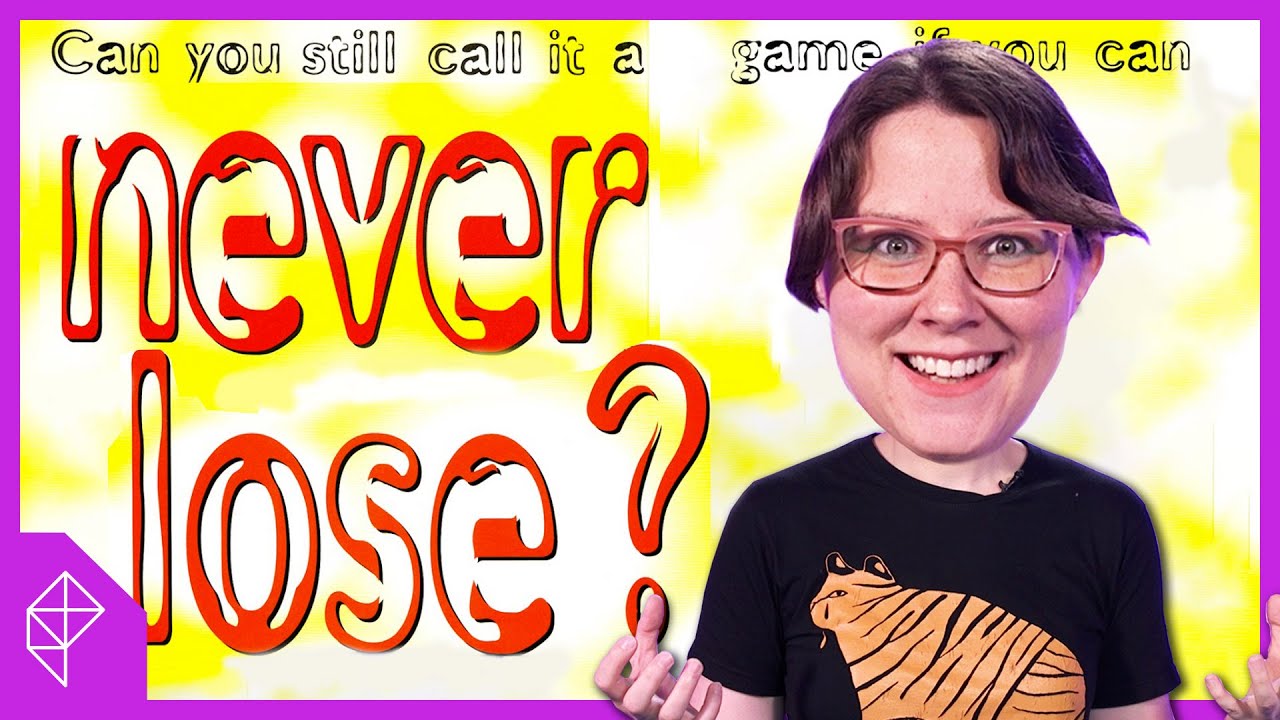holy shit that fucking tweet at 15:30, "nothing was risked and nothing was gained", my dude this is a fucking video game, NOTHING IS RISKED BY DEFINITION OF IT BEING A FUCKING GAME
shit like this makes the various "you die in the game you die in real life" movie/anime plots seems not even that out there, gamers would ABSOLUTELY sign up in droves for a game like that just so they can brag about how badass and hardcore they are, "you casual gamers don't even face the risk of actually dying, lol scrub"



I disagree with the idea that "gaining" something from stuff we consume is "capitalistic" like it just seems so ideologically confused. What's wrong is not the idea of playing hard video games to experience catharsis after overcoming frustration. There's nothing wrong in wanting to improve gaming skills either. What's wrong is dictating the bestest way to experience games and also making an embarrassing tweet about it. The embarrassing portion is feeling so deeply identified with "gaming" that you take offense when other people experience it in a different way, it's deeply poisoned.
I'm not even going to get into cheating in competitive games either, lumping cheating in single player games and cheating in multiplayer games together already feels like a mistake to me.
I think the video was mostly focusing on single-player cheating, the online stuff was more there as part of the quick historical overview. But yeah, cheating in multiplayer games is a completely different topic.
As for the gaining part - I don't think Polygon are really anything more than libs, so I wouldn't expect ideological coherence there. But there is an actual point to be made about a certain cult-like attitude that every piece of media ought to somehow "improve" you as a person, and be all about self-growth and actualization - you see this kind of stuff with techbros and other such dipshits, who seem to consume a lot of media not because they actually enjoy it, but in order to tick it off on a checklist of "important" media, convinced that this by itself somehow makes them better people. That's... obviously not a particularly good way to approach art.
Like, check the Elon post about chess - he's specifically framing chess' simplicity as being bad because it's not useful in real life. Why does a strategy game have to be in any way relevant to real life? Well, that's precisely this attitude, that everything you do must be making you better - you cannot enjoy things for their own sake, every time you're reading a book or playing a game that's not actively making you smarter, or improving your skills, you're wasting your time. And this I would say does have something to do with capitalism - I'm too dumb with regards to theory to really explain it in proper terminology, but it's something to do with the cult of productivity, the idea that, as a worker, you must be improving at all times, which is framed as being for your own benefit, but in reality is so your bosses can extract even more value from you.
Certainly, games are a relatively harmless place for this to express itself in, but the deeper attitude it betrays is very pernicious, and has genuine negative impacts when applied to the workplace, where you can't just be allowed to do your job - you have to always be optimizing yourself, or you're somehow a bad worker (and person).
Ohhhh yeah I see where this is coming from, and yeah it's absolutely true. I never considered that the "you cheated yourself" nerd was coming from this sigma grindset mentality where your free time must be devoted to acquiring marketable skills or at least pretending that your skills you're supposedly building are marketable. In the case of Musk, I'd argue that it's actually some cheeky post-rationalization, like when CEOs write down obvious leisure time like golfing or eating expensive meals as work, but when that idea comes from the other end and reaches the prole, it transforms into free time being an opportunity for more grinding, and gaming may be a part of that. Yeah, I absolutely agree.